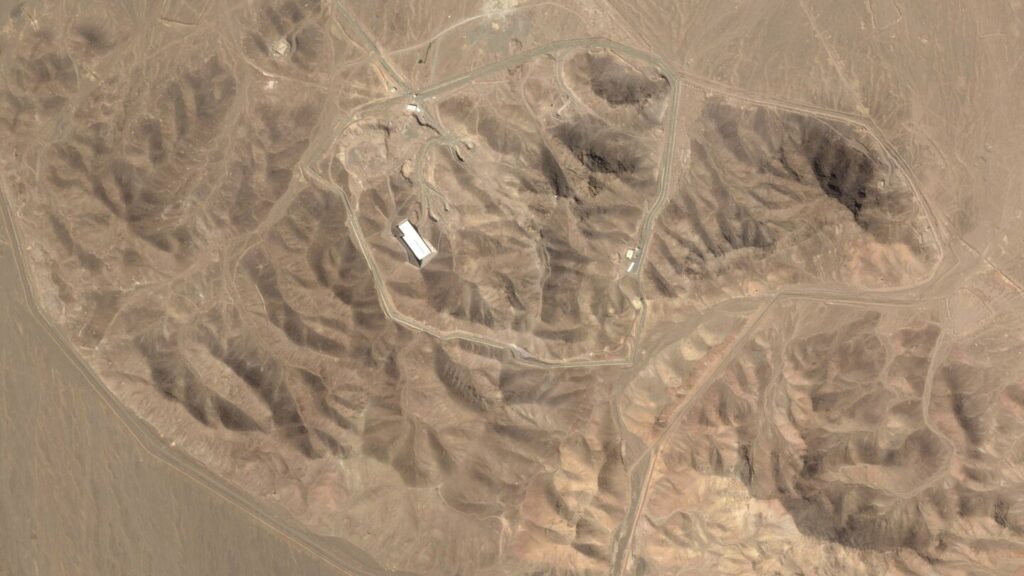President Donald Trump has authorized U.S. military strikes on Iranian nuclear facilities, aligning with Israel’s efforts to disrupt Iran’s nuclear program. The strikes targeted three key sites in Iran, including Fordo, Isfahan, and Natanz, in response to escalating tensions between the two nations. This move comes amidst threats of retaliation from Tehran, raising concerns about the potential for a wider regional conflict. The U.S. and Iran had been engaged in talks aimed at easing economic sanctions on Iran in exchange for nuclear limitations, but this military action signals a shift in approach.
Israeli Prime Minister Benjamin Netanyahu praised Trump’s decision, emphasizing the impact on history and the strength of U.S. action. Japan evacuated its citizens from Iran, highlighting the international implications of the situation. The U.S. used a “bunker buster” bomb to target the deeply buried Fordo nuclear facility, signaling a significant escalation in military tactics.
The response to these strikes has been mixed, with Republican leaders in Congress supporting the decision, while some Democrats and far-right Republicans raised concerns about the lack of congressional authorization. The Arms Control Association condemned the attacks, warning of the risks associated with military action over diplomatic efforts. Iranian state media confirmed the strikes on nuclear sites, quoting officials who acknowledged the attacks but provided limited details.
The situation continues to evolve rapidly, with New York City increasing security measures at various sites as a precaution. The implications of these military strikes on Iran’s nuclear program and the broader geopolitical landscape remain a subject of intense debate and scrutiny.

